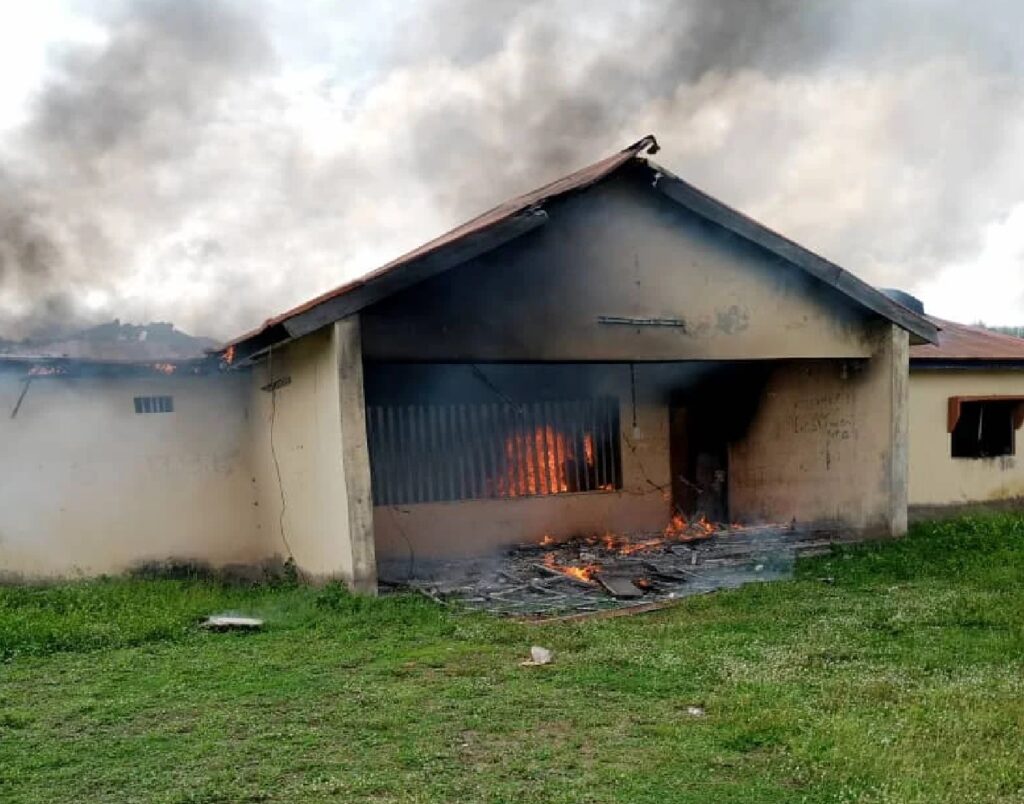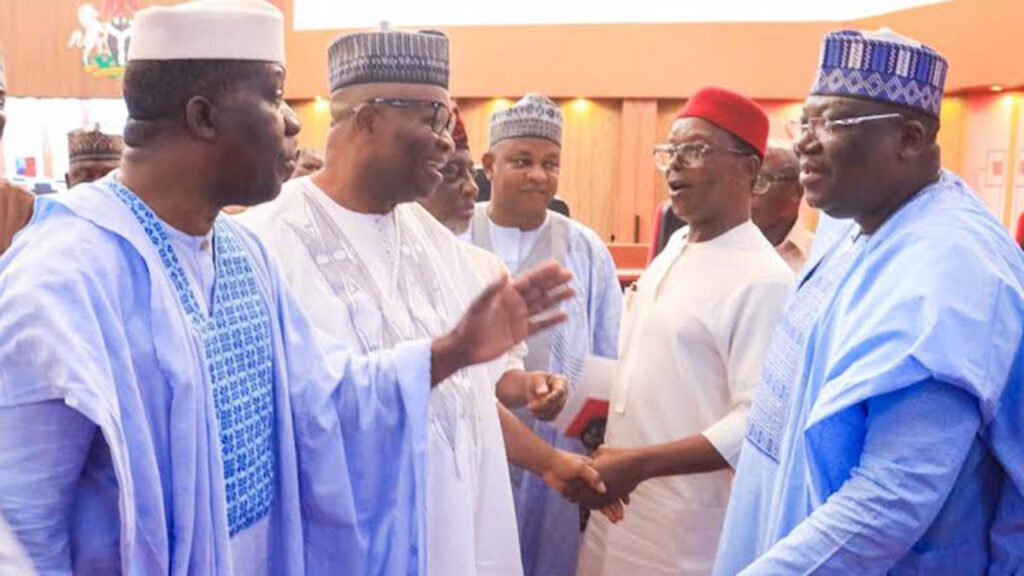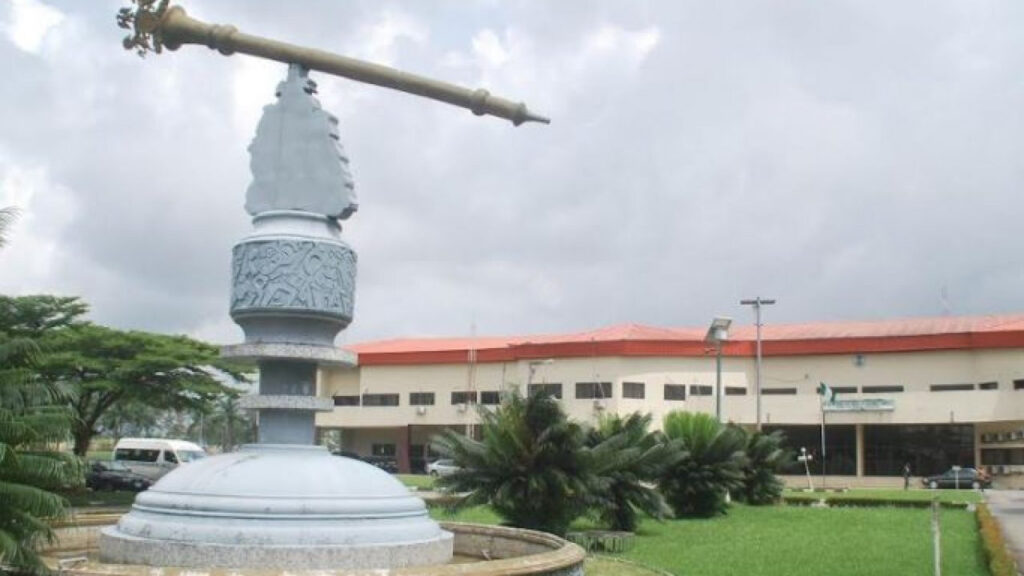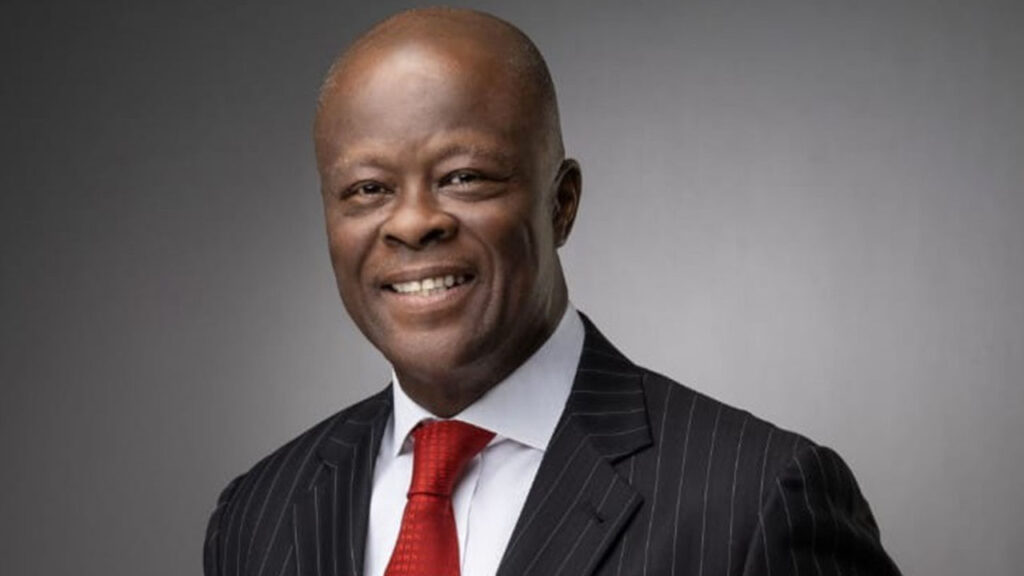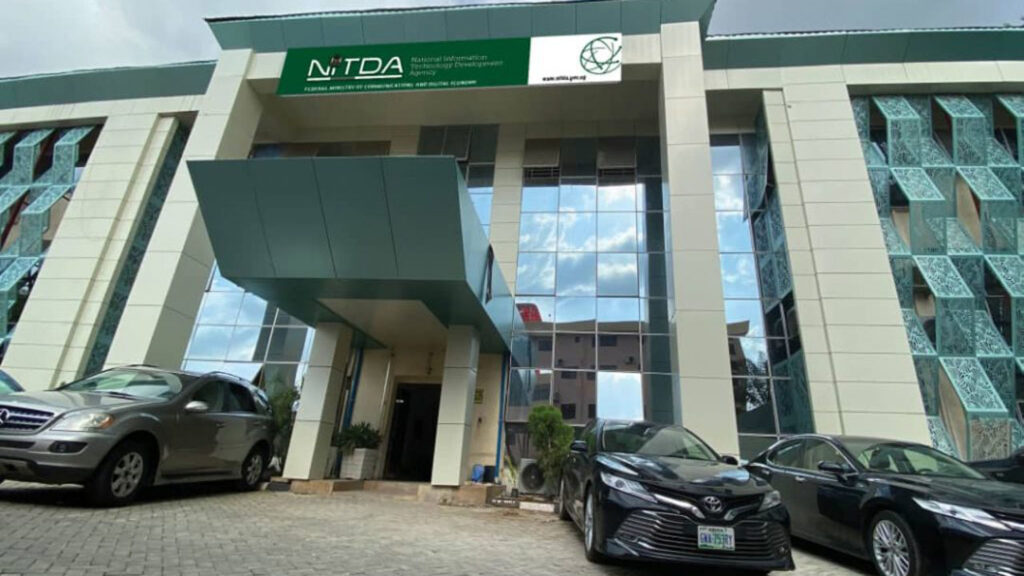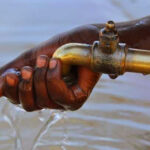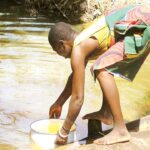
Due to water scarcity, teachers at Government Junior Secondary School, Gapchiyar, in Darazo Local Council of Bauchi State have stopped punishing pupils, for coming late to school and sleeping during academic activities.
Children and women in the entire community, trek long distance before getting contaminated water whuhc they share with animals.
As a result, the community is prone to water borne diseases and is in grave danger of ‘deadly’ epidemics such as cholera.
The Guardian gathered that there are two wells in the community where thousands of people live. Each of the wells has a depth of 300 feet, which takes about 30 minutes to fetch 10 litres of water. Alternatively, a 25-litre of water costs N30, which the locals consider outrageous.
The United Nations Children’s Fund (UNICEF) had during this year’s Water Day, identified the community as one of the hard-to-reach areas where the rural dwellers urgently need safe water.
Speaking with The Guardian in Gapchiyari, the school Principal, Haruna Muhammad Bello, said he has only one teacher working with him.
He said: “We have a problem with water. We don’t get water to bathe and some of them don’t come to school at times. Most of the time when they arrived at school they looked tired. We share the same toilet with them because the rest are bad. Both female male pupils use the same toilet.”
A water hawker, Mohammadu Haruna Bedare, said scarcity has put him at the advantage as he makes between N20,000 to N30,000 daily.
Bedare lamented the increase in the cost of diesel to power his generator set.
Meanwhile, spokesperson for Bauchi State Universal Education Board (BASUBEB), Mr. Abdullahi Mohammed, has chided the community for vandalising the water and toilet facilities provided by the board and other development partners.
He said: “We have done our part by executing those projects, but the community did see it as their own.
We are very much up to date in our counterparts funding. We will do more projects in the rural communities. We know that we can’t do everything at once.”

